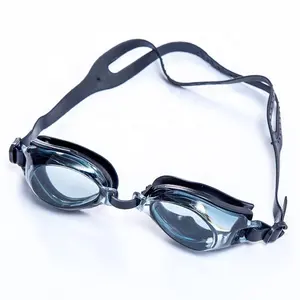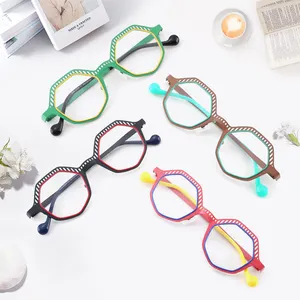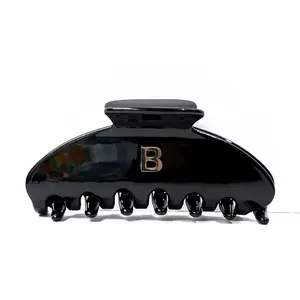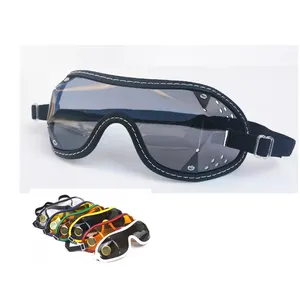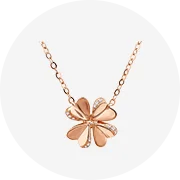Popular in your industry

































































































































































































Top categories
About tasbih factory
Tasbih Factory Overview
The term tasbih factory refers to a specialized production source for tasbih, which are prayer beads used in various cultures for spiritual practices and meditation. These factories are dedicated to crafting a wide array of tasbih, ranging from simple designs for daily use to elaborate creations suitable for collectors and ceremonial purposes.
Types of Tasbih
A tasbih factory may produce various types of tasbih, each with its own unique characteristics. The diversity includes materials like wood, gemstones, and plastics, catering to different preferences and uses. Some tasbih are designed for durability and frequent handling, while others serve as a testament to craftsmanship and aesthetic appeal.
Materials and Craftsmanship
The choice of material in a tasbih factory plays a pivotal role in the tactile experience and durability of the beads. Wood beads offer a natural feel, gemstones provide a weighty and luxurious touch, and synthetic materials offer affordability and a range of colors. The craftsmanship involved in creating tasbih can range from hand-carving to precision machine-cutting, each method imparting a distinct quality to the final product.
Applications of Tasbih
Tasbih crafted in a tasbih factory are primarily used for religious and spiritual practices, aiding in meditation and prayer recitations. However, their use has transcended to include fashion accessories and cultural tokens, making them versatile products with a broad audience.
Features of Quality Tasbih
A reputable tasbih factory focuses on the uniformity of beads, the strength of the stringing material, and the durability of the overall construction. Attention to detail in the finishing touches, such as the tassel, is also a hallmark of a well-made tasbih.
Advantages of Sourcing from a Tasbih Factory
Sourcing directly from a tasbih factory allows for a wider selection of styles, materials, and customization options. It also provides the potential for better pricing due to the elimination of middlemen, and the opportunity for buyers to communicate specific requirements directly to the manufacturer.

